I was born and raised in San Juan, Puerto Rico. I was fortunate that my family did everything they could to allow me to be in a bilingual private school. Since I can remember, I have always been an advocate and wanted my career to impact others positively. Although I didn’t know what that looked like for me, I performed very well in my STEM courses and enjoyed science fairs, science communication, and science clubs. Surprisingly, when I saw the movie “Contagion” – a thriller about a viral pandemic – I became inspired by the woman scientist who developed a vaccine that could prevent individuals from getting sick. I thought, “I want to be her. I want to do what she does”, which inspired me to major in Microbiology.
My current thesis project focuses on characterizing a protein in Clostridium difficile, an important pathogen that affects almost half a million people. It is considered one of the hardiest organisms in the world because it can form a spore that allows it to survive even after being exposed to the vacuum of space!
If you focus only on my educational or career milestones, you could say that my career path has been traditional, but when you look beyond the milestones, I’d say not quite. Before I went to college, I asked my science teacher, “How do medications and vaccines get created?” She mentioned that scientists do research to study and design them. So, I started from there. When I began my major in Microbiology at the Inter-American University of Puerto Rico, I was eager to get into research. I didn’t understand what research or doing research was then, but I knew it was the path to becoming a scientist. I was very bright-eyed and bushy-tailed. Fortunately, sharing my interest in research with professors and asking, “How can I start?” landed me my first research opportunity at a Microbial Ecology and Genomics Lab (MEGL). I was in my undergrad lab for almost two years and was excited about the research I was doing. Unfortunately, after a category five hurricane hit the island in 2017, Puerto Ricans were in a complete blackout, and –other than struggling for basic necessities—I worried about what would be of my education. Fortunately, before the hurricane, my family had plans to work and move to Spain. Since I was halfway through college, it was not an option for me, but given the uncertainty and circumstances, I joined my family.
Two weeks after the hurricane hit the island, I was in Spain. Given the cultural shock and differences in the educational system, life seemed quite challenging. I no longer had the same enthusiasm for research; I was focused on surviving. However, I felt lucky to be allowed to enroll at the University of Malaga. During my experience in MEGL, I became interested in understanding the physiological processes in bacteria. For example, how can bacteria degrade/digest other complex biomaterials, serve as probiotics, or cause disease? This curiosity led me to major in Biochemistry with a minor in Biotechnology.
When the time came for me to graduate, I wanted to be involved in research again, and due to the financial stress my family had at the time, I needed to sustain myself. I researched and applied for post-baccalaureate programs on the East Coast in the US and was accepted in the NIH-funded Post-baccalaureate Research and Education Program (PREP) at Tufts University Graduate School of Biomedical Sciences; this program is explicitly an NIH incentive to promote diversity in the biomedical sciences and provide research opportunities for minoritized groups.
After finishing the one-year program, I am now continuing my graduate school education as a Ph.D. graduate student at Tufts in the Molecular Microbiology program, which, funny enough, is the combination of my two undergrad majors.
So, yes, you could say I followed a traditional career path –private high school, bachelor’s in science, post-baccalaureate, and now a doctorate, with no breaks in between—however, the effort behind that path was more than I could imagine.
Currently, the biggest challenge as a Ph.D. graduate student is learning to think for myself and leading my project despite the failures. It requires a lot of reading, patience, persistence, and realizing that the shortcomings in the project are unlikely because of you.
One of the first pieces of advice I received during graduate school is that “over 90% of experiments won’t work”. However, I realize it’s an everyday challenge during graduate school since I hope to become an independent scientist by the end. On the other hand, I enjoy the flexibility of leading your project; for example, being able to read about a very cool experiment related to my topic and think, “I’m going to try that out.” I also enjoy the fact that –despite being the leader in your project—science is about collaboration. I have great colleagues willing to provide feedback and brainstorm ideas if I’m ever stuck on a question.
We are at a time when scientists can be involved in spaces outside of a lab, and becoming an academic professor is not the only (acceptable) option. For a long time, people saw academia as the only pathway or career track to realize you are a scientist. With the advancement of technology, it is becoming more common for scientists to work in industry (e.g., pharmaceuticals, biotechnology companies, clinical labs, manufacturing companies, etc.) or become entrepreneurs.
This also opens opportunities for scientists to go into patent law, work alongside the government to develop regulations and policies for upcoming therapies or technologies, or become consultants for venture capitalists. Being a scientist no longer means being useful only in a lab; having critical thinking skills, curiosity, and the ability to identify gaps and a need in society are also helpful.
Because of all these options, I am unsure of the next steps in my career, but I am open to learning more about these different sectors and seeing the best fit for me.
Looking back on all the milestones, achievements, and experiences that I have had, I would not change anything regarding my career path, which, for me, is also evidence of a lot of personal growth and acceptance. Given my circumstances, it has been a challenging journey, but I find being a Molecular Microbiologist very fulfilling. I am currently studying a pathogen with the hopes that the knowledge that I generate will help other scientists develop therapies to help people who suffer from the disease; I am capable of reading other scientific literature that helps me understand human life and all the different organisms that share our planet; and I have the privileged to continue my career into different job markets and learn from people with a different knowledge and skill set.
If I were to advise anyone interested in becoming a scientist, it would be: always be your authentic self. Be curious. Ask many questions. Share your goals with people, even if you don’t think they can help you, building a network is important. For example, as an undergrad, I would openly speak to professors about my interests. Additionally, I know representation matters. I was fortunate that my undergraduate institutions were Latino and Hispanic, where I saw professors who were women and people of color, so I never questioned whether people who looked like me could become scientists, which is a privilege. However, being proactive and involved in outreach and institutional or national organizations will expose you to other social groups and backgrounds.
For example, when I returned to the US, I learned about SACNAS (Society for the Advancement of Chicanos and Native Americans in Science). Their mission is to provide resources, opportunities, and incentives to undergraduate and graduate students from minoritized groups to become involved in the sciences. I’ve found that being involved in organizations like these helps me feel fulfilled and supported by people who share similar experiences. So, I hope that you can believe that even though in your current surroundings it doesn’t seem like science is for you or you don’t have a community to support you, you can trust that there are organizations and people out there who believe in you and are ready to help you in your scientific journey.



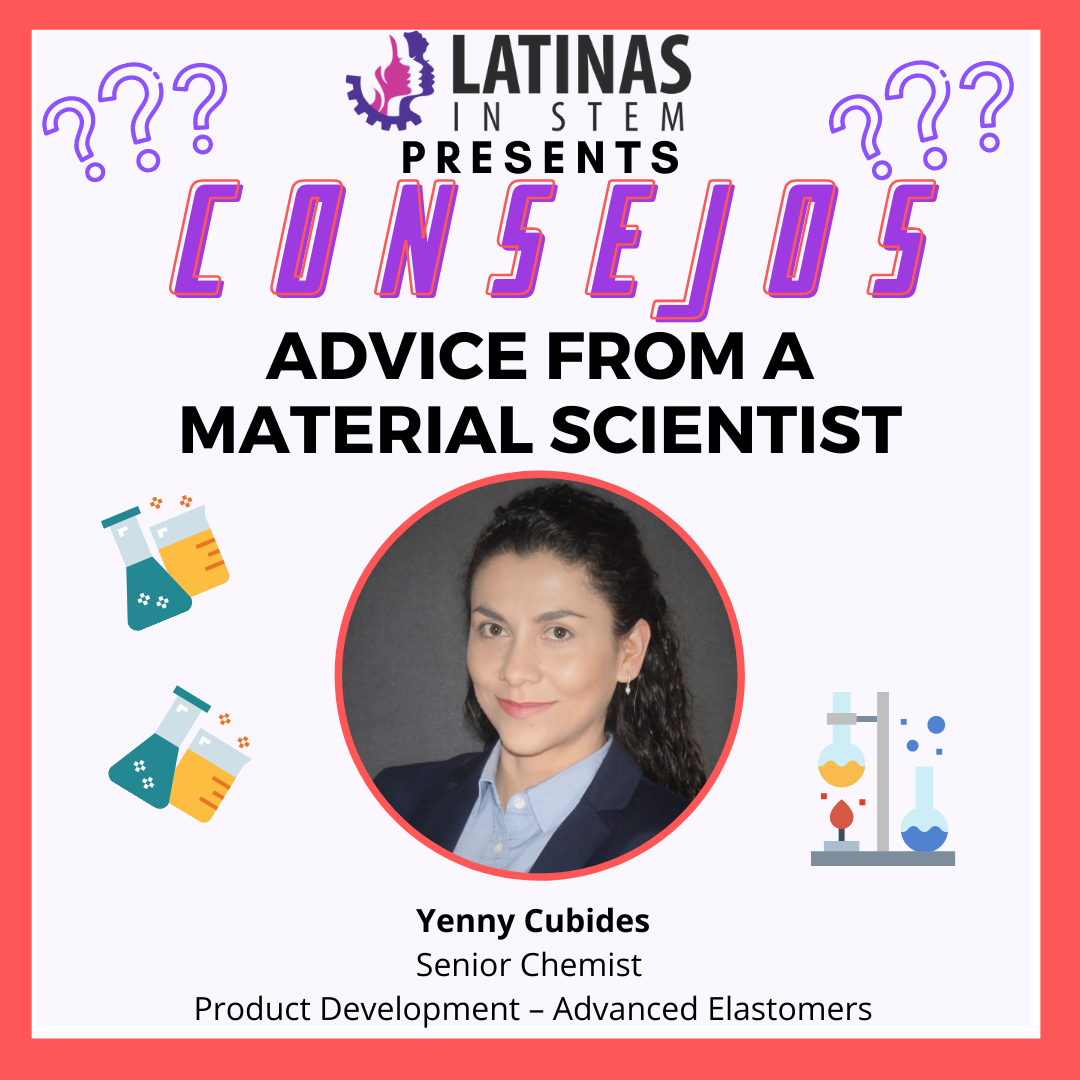
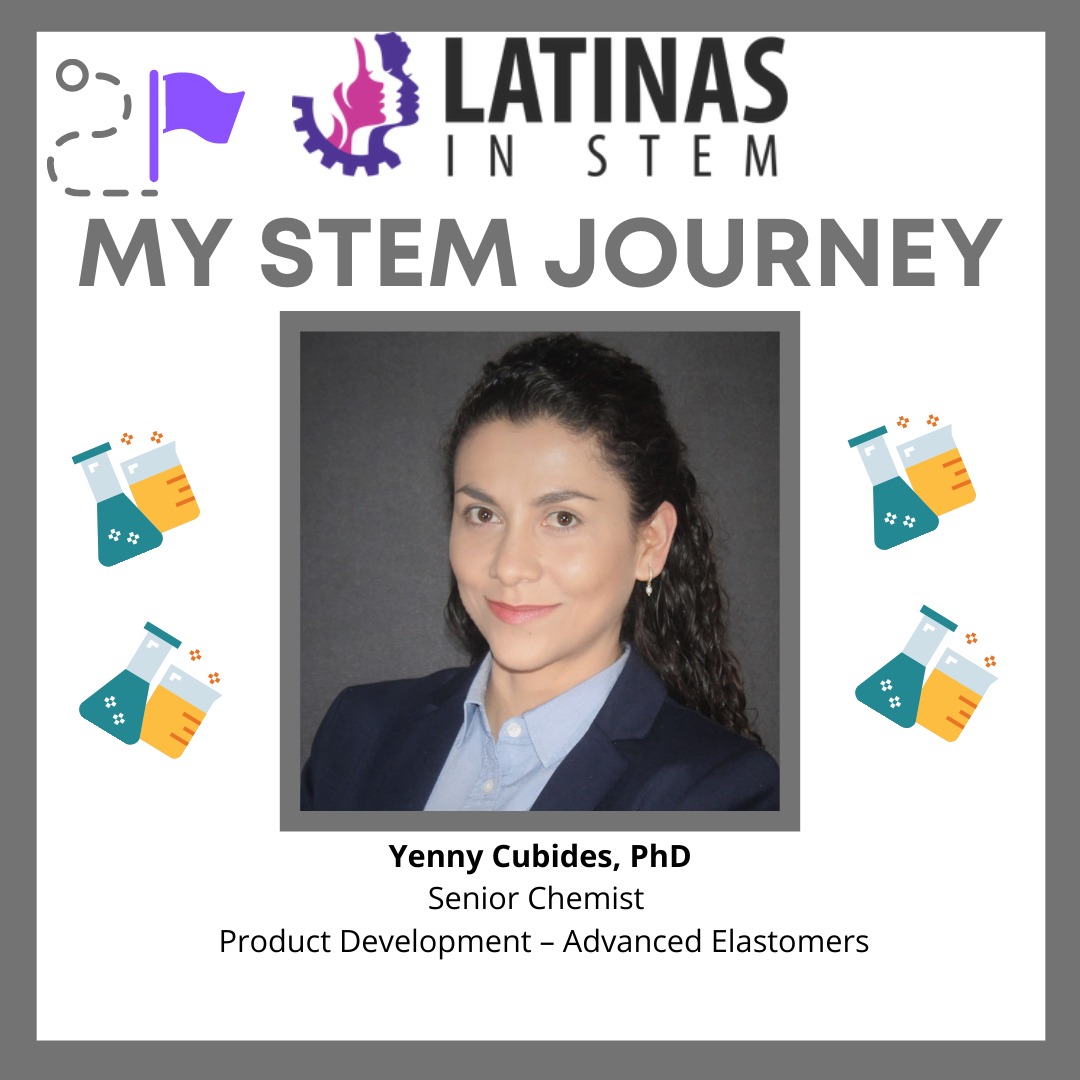
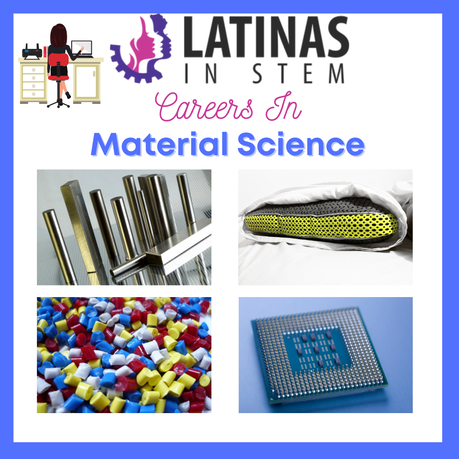


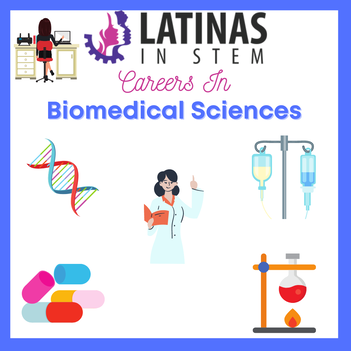
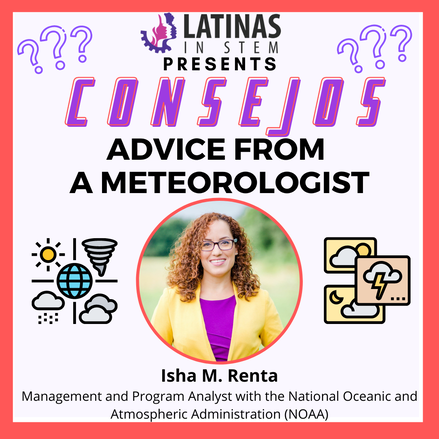
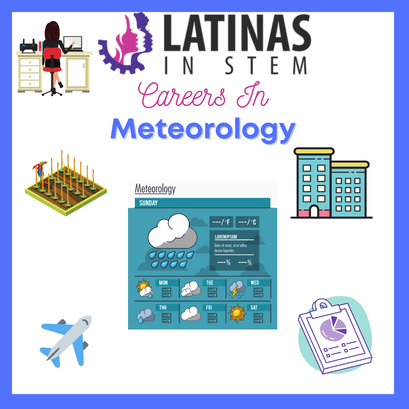
 RSS Feed
RSS Feed

